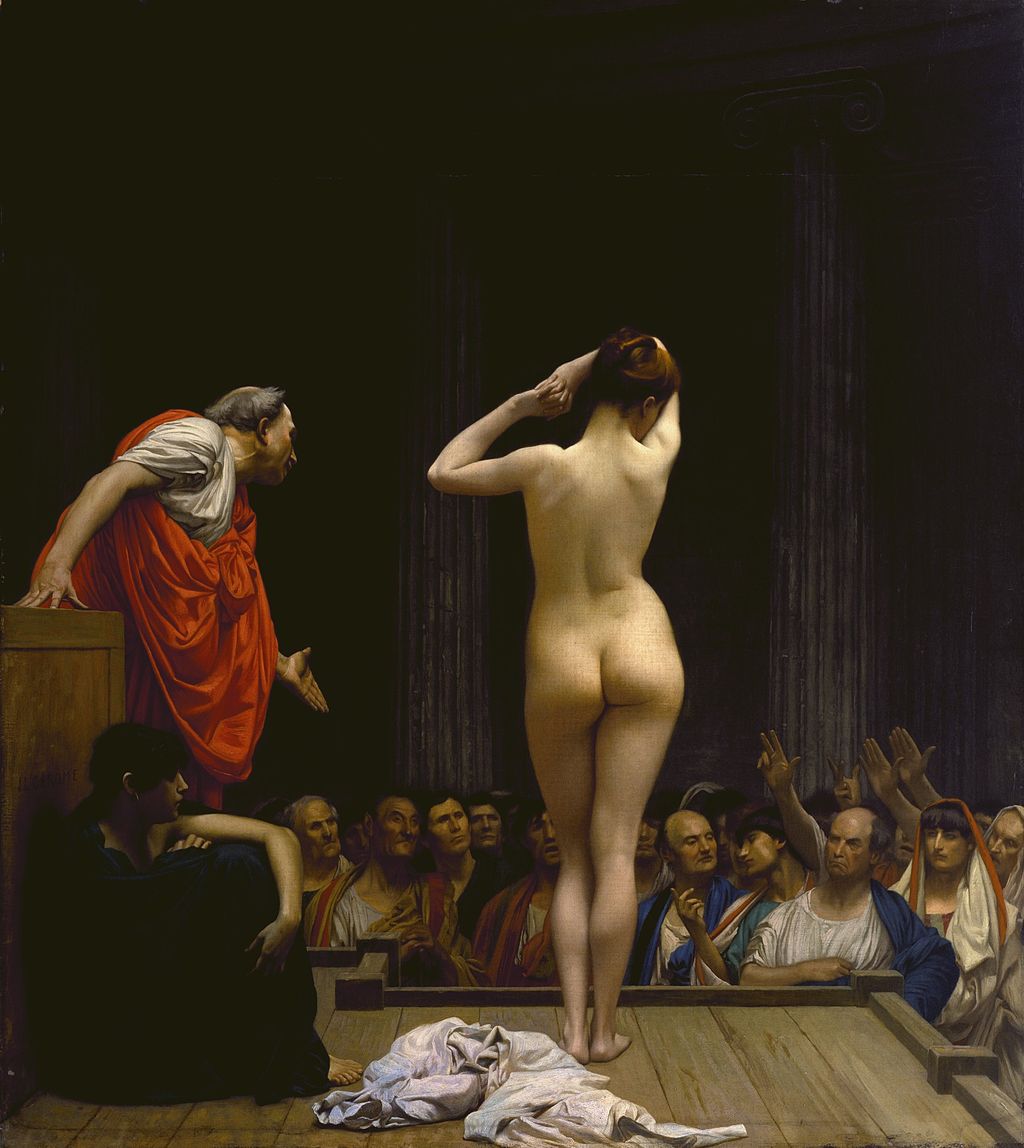1. His back is full of knives. Notes are brittle around the blades.
2. He sleeps face down every night in a chalk outline of himself.
3. He has difficulties with metal detectors.
4. At birthday parties, someone might politely ask,
may I borrow one of those knives to slice this chocolate cake?
5. He likes to stand with his back to walls. At restaurants, he likes the corner tables.
6. There is a detective that calls him to ask about the brittle notes. Also: a biographer, a woman who'd like to film a documentary, a curator of a museum, his mother.
I can't read them, he says.
They're on my back.
7. It would be a mistake for anyone to assume he wants the knives removed.
8. Most of the brittle notes are illegible. One of them, even, is written in French.
9. Every Halloween, he goes as a victim of a brutal stabbing. Once, he tried going as a whale, but it was a hassle explaining away the knives.
10. He always wears the same bloody suit.
11. When he walks, he sounds like a tree still full of dead leaves holding on.
12. It is ok for children to count on his knives, but not to climb on them.
13. He saw his own shadow in a park. He moved his body to make the knives reach other people's shadows. He did it all evening. In the shadows, his knives looked like soft outstretched arms.
14. His back is running out of space.
15. On a trip to Paris, he fell in love and ended up staying for a few years. He got a job performing on the street with the country's best mimes.
16. The knives are what hold him together. It is the notes that are slowly killing him.
17. He is difficult to hold when he cries.
18. He will be very old when he dies and the Doctor will say,
he was obviously stabbed, brutally and repeatedly. I'm sorry, the Doctor will say to a person in the room,
but he's not going to make it.
by
Zachary Schomburg. Feel free to go out and buy
The Man Suit immediately.
